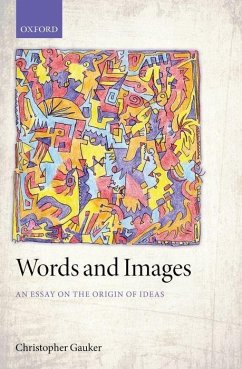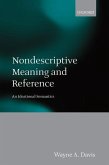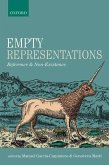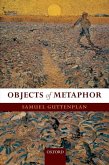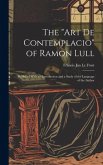At least since Locke, philosophers and psychologists have usually held that concepts arise out of sensory perceptions, thoughts are built from concepts, and language enables speakers to convey their thoughts to hearers. Christopher Gauker holds that this tradition is mistaken about both concepts and language. The mind cannot abstract the building blocks of thoughts from perceptual representations. More generally, we have no account of the origin of concepts that grants them the requisite independence from language. Gauker's alternative is to show that much of cognition consists in thinking by means of mental imagery, without the help of concepts, and that language is a tool by which interlocutors coordinate their actions in pursuit of shared goals. Imagistic cognition supports the acquisition and use of this tool, and when the use of this tool is internalized, it becomes the very medium of conceptual thought.

